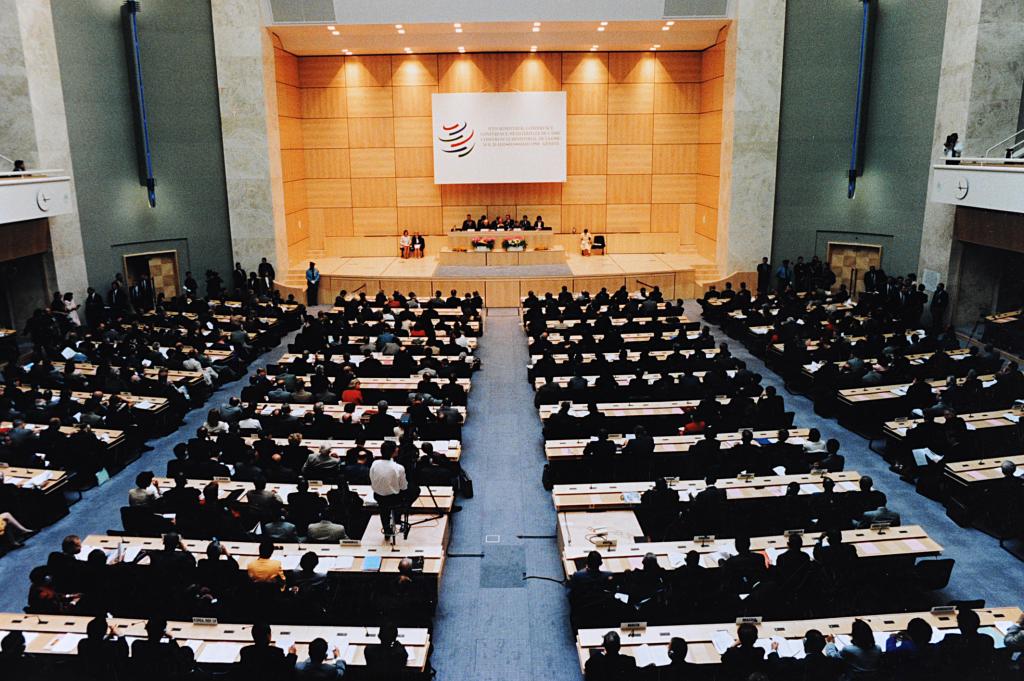Trade and Access to Knowledge: Discussing Trends and Scenarios at the WTO Public Forum
22 September 2016

Exceptions and limitations have been a key part of the international copyright system since its inception, protecting and promoting the goals of education and innovation. Twice a year, at WIPO’s Standing Committee on Copyright and Related rights, IFLA and others engage with governments in order to update these and ensuring their broad application.
However, while progress at WIPO inevitably takes time, national law makers have continued to act, under the impulsion of electoral politics, economic pressures, and, increasingly, trade deals. The latter often reach far into areas of competence traditionally thought of as purely local, such as education, culture, science, and freedom of access to information and freedom of expression. Copyright terms are extended, rights to use works are controlled, provisions on by-passing technological protection measures (or not) are introduced.
In order to build an understanding of these trends, IFLA and partner organisations are organising a panel discussion at this year's World Trade Organisation Public Forum. Panellists will share their expertise on how limitations and exceptions to copyright are faring both in multilateral discussions at WIPO, and the ongoing big free trade agreements. They will also look at the implications these deals (may) have, for individuals, institutions offering access to information such as libraries, and the global copyright system. Finally, they will explore whether they may be new models or approaches emerging, and what these mean for access to knowledge.
Speakers include:
- Marietje Schaake MEP, Member of the International Trade Committee, Vice-President of the Delegation for Relations with the United States, European Parliament [by video]
- Michele Woods, Director, Copyright Law Division, WIPO
- Maryant Fernández-Pérez, Advocacy Manager, EDRi
- Jonathan Band, Founder, policybandwidth.com
- James Love, Director, Knowledge Ecology International
- Bernt Hugenholtz, Professor of Intellectual Property Law, Director, Institute for Information Law, University of Amsterdam
We look forward to discussing this with you in Geneva at 1pm on 28 September in Room F. Follow the debate at #TradeA2K and #WTOPublicForum.